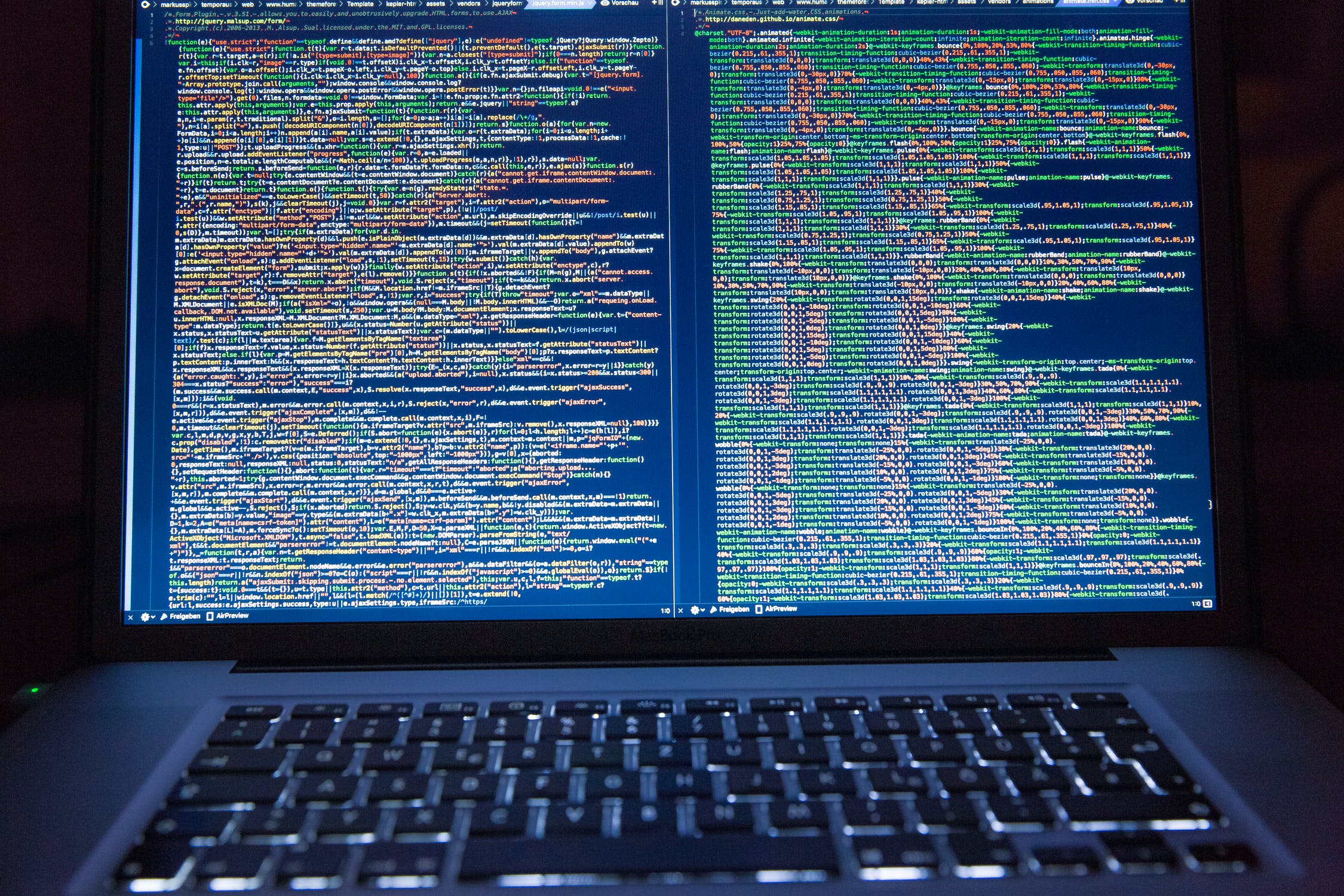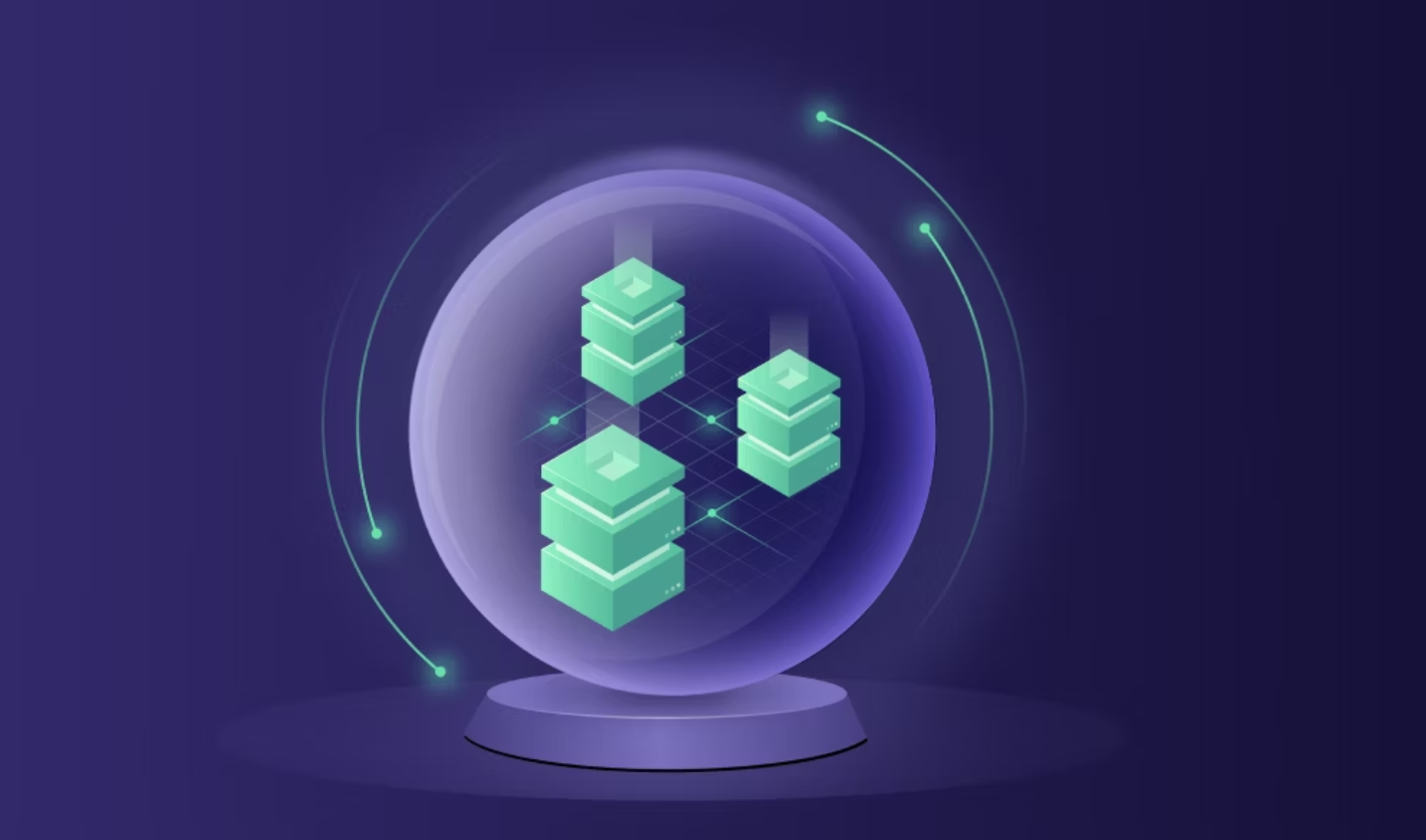Web scraping has become an essential tool for businesses, researchers, and developers to collect and analyze data from the internet. As the demand for web scraping continues to grow, so does the need to understand its future. In this article, we will discuss the future of web scraping projects, including the impact of emerging technologies, potential challenges, and opportunities for growth.
Table of Contents
The Impact of Emerging Technologies

Artificial Intelligence and Machine Learning
Artificial Intelligence (AI) and Machine Learning (ML) are set to revolutionize web scraping projects in the coming years. These technologies can help improve data extraction accuracy and efficiency, allowing for more sophisticated and targeted scraping techniques. With AI and ML, web scraping tools can learn from their mistakes, adapt to changes in website structures, and even predict future data patterns.
Natural Language Processing
Natural Language Processing (NLP) is another technology that will play a significant role in the future of web scraping projects. NLP allows web scraping tools to better understand and process human language, making it possible to extract more relevant and contextual information. This will enable web scraping projects to gather not only structured data but also unstructured data, such as opinions, sentiments, and emotions.
Internet of Things (IoT)
The Internet of Things (IoT) is expected to generate massive amounts of data in the coming years, opening new opportunities for web scraping projects. By integrating IoT data with web scraping, businesses can gain deeper insights into consumer behavior, preferences, and trends, leading to more informed decision-making and improved products and services.
Challenges and Opportunities
Legal and Ethical Considerations
As web scraping becomes more prevalent, legal and ethical concerns will continue to arise. In the future, we can expect stricter regulations and guidelines for web scraping, especially when it comes to user privacy and data protection. Web scraping projects will need to adapt to these changes by implementing responsible data collection practices and ensuring compliance with relevant laws.
Anti-Scraping Technologies
Webmasters and website owners are increasingly implementing anti-scraping technologies to protect their content from unauthorized access. These measures can range from CAPTCHAs to IP blocking and rate limiting. Web scraping projects will need to develop innovative techniques to bypass these obstacles while respecting the rights of website owners.
Scalability and Performance
As the volume of data on the internet grows exponentially, web scraping projects will need to scale their operations to keep up with the demand. Meeting this challenge will require the development of more efficient and scalable web scraping tools and infrastructure, as well as the adoption of cloud-based solutions to handle large-scale data extraction and processing.
The Future of Web Scraping in Different Industries
Web scraping projects will continue to impact various industries in the coming years. Here are a few examples:
- E-commerce:
Web scraping will play a crucial role in monitoring competitor pricing, tracking customer reviews, and analyzing market trends. - Finance:
Web scraping will enable financial institutions to gather real-time market data, analyze news sentiment, and monitor regulatory changes. - Healthcare:
Web scraping will help healthcare providers collect and analyze patient data, track disease outbreaks, and stay up-to-date with medical research. - Marketing and Advertising:
Web scraping will be essential for monitoring brand reputation, conducting market research, and identifying potential leads.
FAQ
What is web scraping?
A: Web scraping is the process of extracting data from websites using automated tools or scripts. This data can then be used for various purposes, such as data analysis, market research, or content aggregation.
How will AI and ML impact web scraping projects?
A: AI and ML will improve the accuracy and efficiency of data extraction, allowing for more sophisticated and targeted scraping techniques. They can also help web scraping tools adapt to changes in website structures and predict future data patterns.
What challenges will web scraping projects face in the future?
A: Some of the key challenges include legal and ethical considerations, anti-scraping technologies, and scalability and performance issues.
How will web scraping impact different industries in the future?
A: Web scraping will continue to play a crucial role in various industries, such as e-commerce, finance, healthcare, and marketing and advertising, by providing valuable insights and data for better decision-making and improved products and services.












